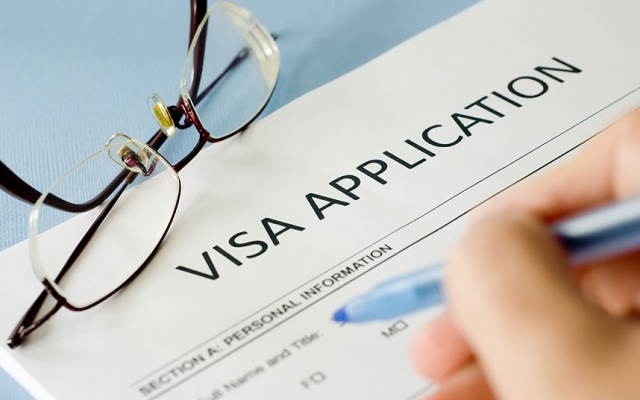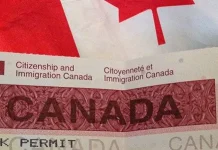Nigerians generally love the idea of travelling outside their country, whether for work, school or vacation, however, most times, they are unable to make their desired trip as due to immigration issues: they need to apply for a visa to visit most foreign countries, especially those outside Africa.
While every visa application is judged fairly, rigorously, and on its merits, often times, Nigerians have their visa application rejected or denied for reasons ranging from mistakes made by an unscrupulous agent, insufficient funds and false information.
Jovago.com, Africa’s No. 1 online hotel booking portal, understands that getting a visa rejected can be quite a painful experience as the process is tedious, and so if you are in Nigeria, read on to discover top three secrets on how to get your visa application approved by foreign embassies.
Do not make mistakes in the visa application
The visa application, whether paper or electronic, is a formal document and it is important that you do not make any mistakes while inputting required information. Make sure you write your answers clearly or type them in with a clear font. Scan and correct typos, run-on sentences and jargons, including slangs. Ensure you avoid big grammar as well or ambiguous phrases. Keep your responses short, simple and straight to the point; you stand a higher chance of getting your visa that way.
When you eventually go for the interview as well, make sure you are prepared so that your answers correspond with what you already inputted in the forms submitted. Also, answer with confidence as a weak and feeble answer can be your undoing.
Do not give false Information
Most times, applicants give false information in the bid to present themselves in a better light. They believe that the truth could limit the chances of their visa being approved, forgetting that the applications are vetted and information thoroughly verified. Most embassies (especially the UK and the USA) share information on a lot of things and so if the information you are giving is different from information in a previous application in another embassy, they could penalize you for it.
Lying on a visa application is a very bad idea. If they find out, they will not only deny you the visa, they will make it almost impossible for you to visit the UK ever again and possibly any other countries they share that information with. And worse, if they find out after you have entered their country, you could face up to two years in prison or get deported. Note that lying and hiding information in visa application are regarded as same and leads to prosecution as well.
Ensure you have sufficient funds
Most Nigerians believe that the minute they have enough funds to purchase a ticket to a destination, they can apply for the Visa. WRONG! There are other costs to consider: Hotel bill, transportation, and feeding allowance. Your bank statement must reflect that you can cater to these costs on your own without breaking the bank.
Generally, most embassies assume all applicants are seeking permanent entry into their country until proven otherwise. Using your last savings to embark on a “vacation” smells rather fishy. A major way to prove that you have strong economic reasons to return to your country following your stay is to show abundant funds and a steady source. Some people try to beat this procedure by borrowing large money and installing in their account prior to application. Unfortunately, the foreign embassies also check pattern and consistency of inflow and outflow of funds recorded in your account and they certainly rely on their estimates to justify giving you a visa or denying it. Ensure you CAN afford to travel to a particular country before you apply for a visa.














